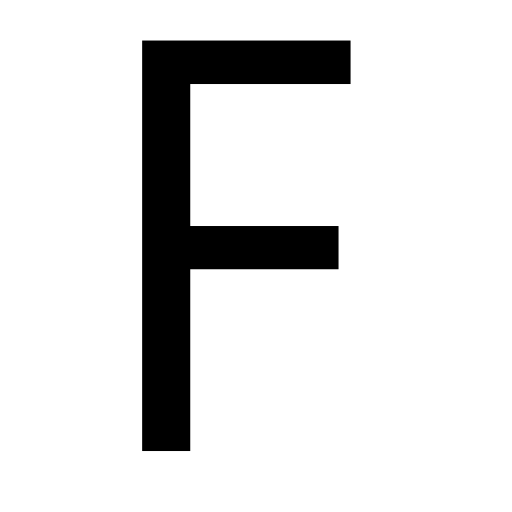Shop
Original Signatures Of Likud Members “Revolutionary Government”, including Menachem Begin, Moshe Dayan, Yosef Burg, Arik Sharon, 1978
$0.00
SOLD
| Year | |
|---|---|
| Condition | |
| Technique | |
| A |
Description
Rare Document
An exciting document of the 1977 “Revolutionary Government”
Envelope sent from the Knesset in Jerusalem with original signatures of Likud members “Revolutionary Government”, including Menachem Begin, Moshe Dayan, Yosef Burg, Arik Sharon, David Levy and others.
Professionally framed with a photo of the Likud government in 1977
“Revolutionary Government”
Formation and Begin years
The Likud was formed as a secular party [27] by an alliance of several right-wing parties prior to the 1973 elections — Herut, the Liberal Party, the Free Center, the National List, and the Movement for Greater Israel. Herut had been the nation’s largest right-wing party since growing out of the Irgun in 1948. It had already been in coalition with the Liberals since 1965 as Gahal, with Herut as the senior partner. Herut remained the senior partner in the new grouping, which was given the name Likud, meaning “Consolidation”, as it represented the consolidation of the Israeli right. [32] It worked as a coalition under Herut’s leadership until 1988, when the member parties merged into a single party under the Likud name. From its establishment in 1973, Likud enjoyed great support from blue-collar Sephardim who felt discriminated against by the ruling Alignment.
Likud made a strong showing in its first elections in 1973, reducing the Alignment’s lead to 12 seats. The party went on to win the 1977 elections, finishing 11 seats ahead of the Alignment. Begin was able to form a government with the support of the religious parties, consigning the left-wing to opposition for the first time since independence. A former leader of the hard-line paramilitary Irgun, Begin helped initiate the peace process with Egypt, which resulted in the 1978 Camp David Accords and the 1979 Egypt – Israel Peace Treaty. Likud was reelected with a significantly reduced mandate in 1981.
Likud has long been a loose alliance between politicians committed to different and sometimes opposing policy preferences and ideologies. [33] [34] The 1981 elections highlighted divisions that existed between the populist wing of Likud, headed by David Levy of Herut, and the Liberal wing, [35] who represented a policy agenda of the secular bourgeoisie. [33]







